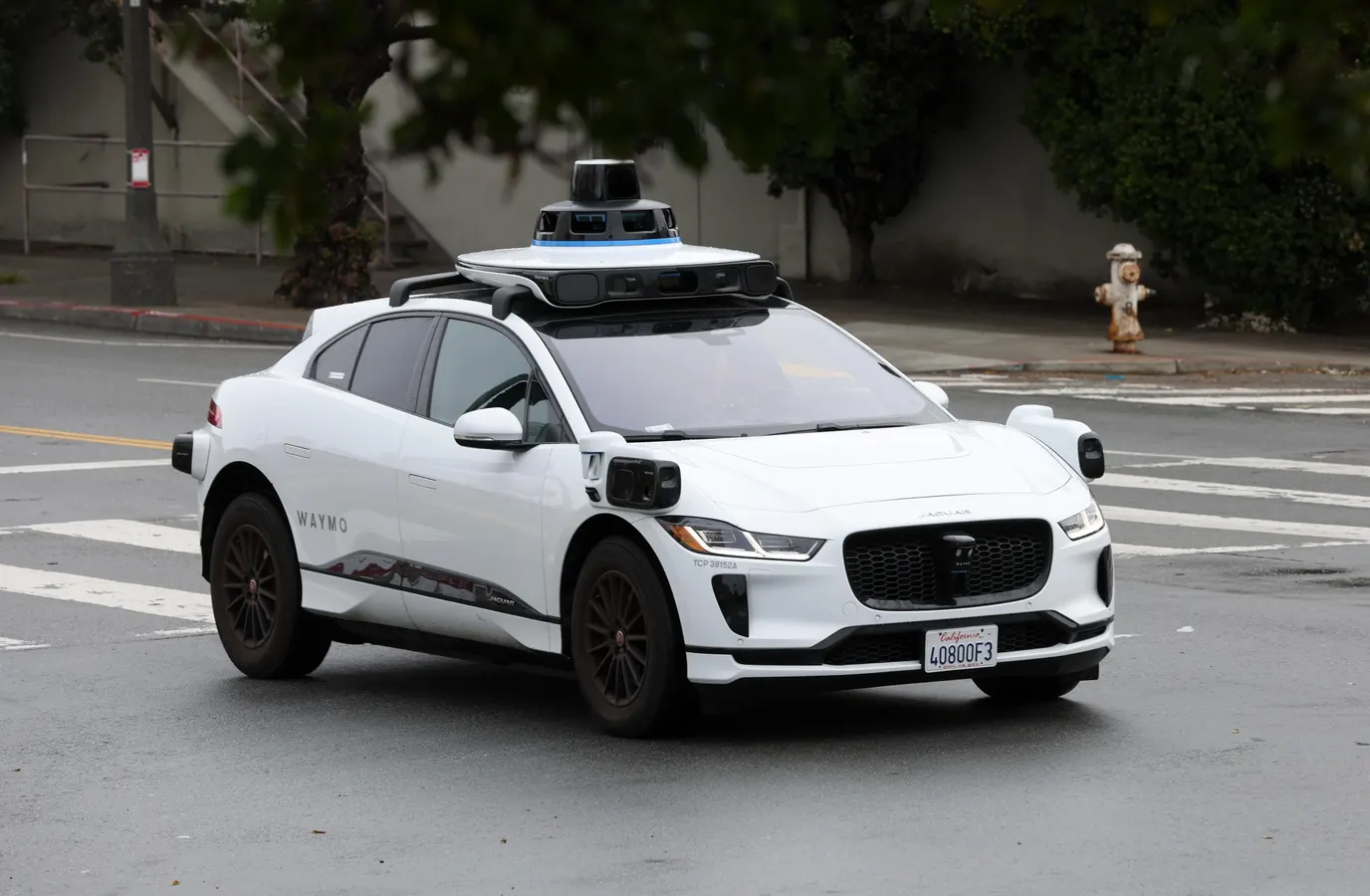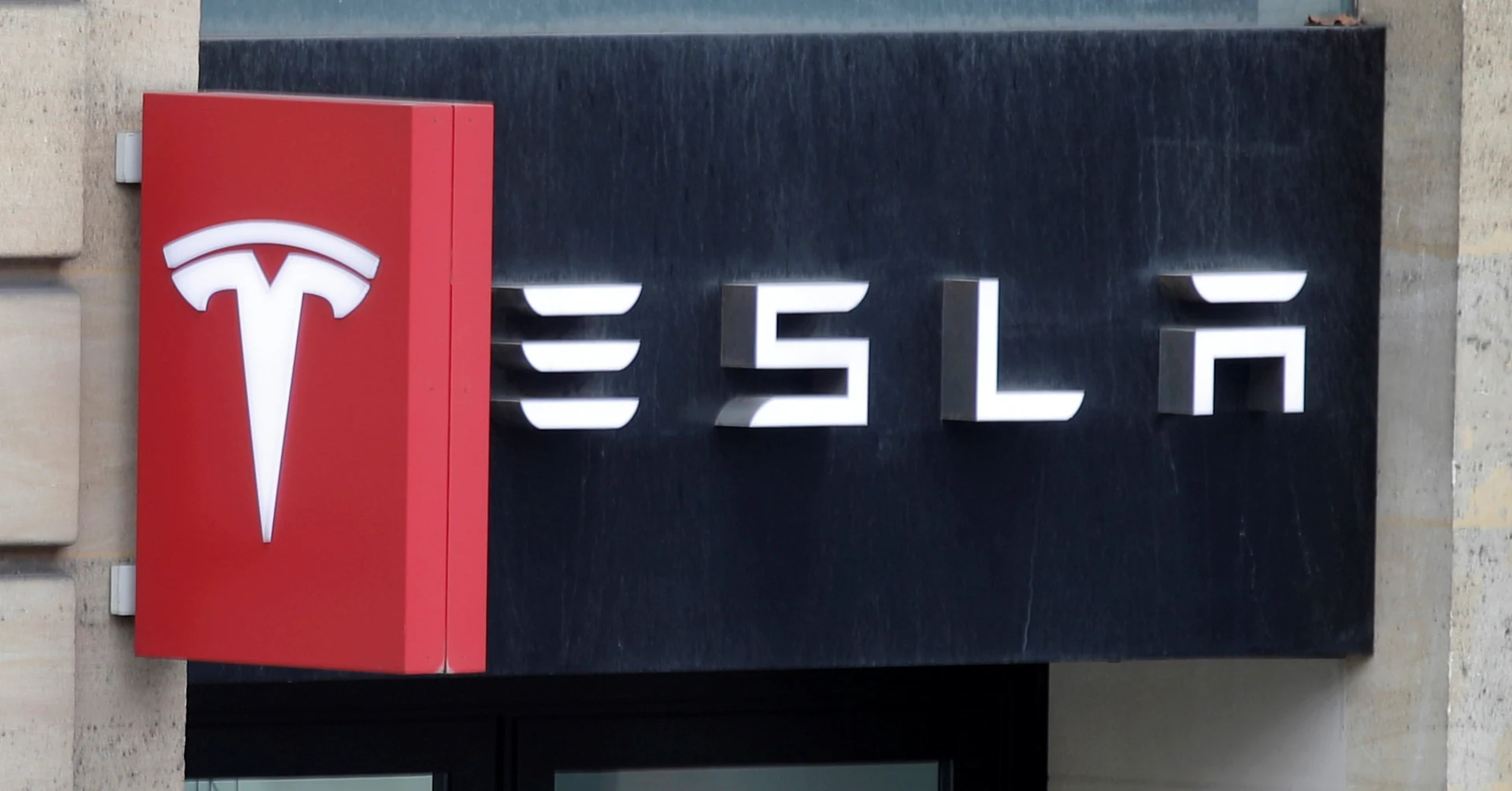By Contributor,Justin Sullivan,Nicole Kobie
Copyright forbes

A Waymo autonomous vehicle drives along Masonic Avenue on April 11, 2022 in San Francisco, California. San Francisco is serving as testing grounds for autonomous vehicles with Waymo, a Google subsidiary and Cruise, a subsidiary of General Motors, logging millions of test miles throughout San Francisco in 2021. (Photo by Justin Sullivan/Getty Images)
Getty Images
Waymo is on a hiring spree in London, suggesting Google’s driverless car project is heading to the UK — not much of a surprise given the government plans to enable self-driving trials next year.
In June, the UK government said it aimed to allow driverless cars to be tested without safety drivers and take passengers in London by Spring 2026 ahead of potential launch of robo-taxi services the following year; Uber immediately announced a partnership with British autonomous firm Wayve for London pilot.
Over the weekend, The Telegraph reported that Waymo had begun advertising for staff in London, including a “fleet readiness lead” and various engineers.
A company spokesperson didn’t confirm any plans to the newspaper, but said it was continuing to hire and invest in Britain and had always planned to expand globally. Google had yet to respond to a request for confirmation at the time of publishing.
So far, Waymo’s global efforts have been limited to a small trial in Tokyo, Japan. Instead, Waymo has methodically added American cities to its roster — including recent announcements for Nashville and San Francisco’s airport.
Waymo’s UK hiring spree
Waymo has seven jobs listed on its website that are based in London, suggesting a local rollout is on the books though the UK could also be evolving into Waymo’s base for international trials, too.
MORE FOR YOU
The job applications all note this: “Waymo Operations exists to deliver the Waymo Driver to the world. We are a global team building and scaling the world’s first and leading autonomous fleet and operations platform.”
Close-up of LIDAR with Waymo logo atop a Waymo self driving car, San Francisco, California, March 18, 2025. (Photo by Smith Collection/Gado/Getty Images)
Gado via Getty Images
Currently, Waymo has a team in Oxford, but one of the listings suggests plans to expand the work to London. In a job posting for a machine learning engineer in simulation, Waymo notes: “We are planning to set up a team in London UK to work with the teams in MTV [Mountain View] and Oxford to build these foundation models out and to integrate them into several evaluation and training products.”
The jobs listed include Fleet Readiness Lead, Incident Response Manager, and Machine Learning Engineers in AI foundations, simulation, and machine learning infrastructure. Salaries range from £72,000 to £162,000.
Students, this one’s for you: Waymo is also looking for a summer intern in machine learning and simulation for next summer — right when these trials could be starting.
Can a Waymo car work in London?
Waymo’s city-by-city rollout is a test of the cars’ generalisability, referring to how easily the cars could be dropped into a new city with different driving patterns and laws without major retraining or adjustments. If the cars can’t adapt easily, each new location will take time and come with high costs, potentially impacting the scalability of driverless cars — a fact that’s true for all driverless companies.
That makes Uber’s Wayve partnership a smart move: the latter company is British, and its car has grown up on local roads.
Saswat Panigrahi, Vice President, Strategy, Product Management & Data Science at Waymo, speaks onstage at TC Sessions: Mobility on May 19, 2022 in San Mateo, California. (Photo by Kimberly White/Getty Images for TechCrunch)
Getty Images for TechCrunch
Waymo has just one international trial at the moment, in Tokyo, Japan — but Waymo’s chief product officer Saswat Panigrahi said in a recent interview that the technology was “generalising well”.
“Think about when you go to a new city or country,” Panigrahi said. “You don’t need to relearn the entire task of driving; you just need a little bit of reorientation. That’s also true of our technology. Domestic launches—from Los Angeles to Austin and Atlanta—are getting faster, and we’re generalising well. That gives us confidence that when we go international, we’ll have an autonomous driver that’s fundamentally safe.”
Of course, it remains to be seen if anyone even wants robotaxis in London, with a recent survey suggesting half of Americans have no plans to take a ride in a driverless taxi. Waymo has been the target of protests; back when Uber launched in London, taxi drivers shut down parts of the city in opposition.
That said, the general secretary of the Licensed Taxi Drivers’ Association, Steve McNamara, told the Guardian in June that the rise of robotaxis wasn’t a concern to black-cab drivers in London: “They are living in fantasy land. We’re probably going to have flying taxis before we have autonomous ones in London… I’m genuinely not worried. Come back to me in 2040.”
Waymo not alone in planning London robotaxi services
It would be no surprise that Waymo is planning to join the growing group of companies planning trials in the UK next year, even though the government is only set to allow “small scale” services in 2026, ahead of a wider launch in 2027.
In July, Tesla posted a series of videos showing a car — with a safety driver, as is required under current laws — enabled with “Full Self-Driving” software making its way through London and Swindon’s “Magic Roundabout”.
In August, Chinese-owned Baidu said it was working with ride-hailing firm Lyft to start tests of its Apollo Go cars next year in the UK and Germany.
Transport Secretary Mark Harper having a ride in a self-driving car being tested by automated driving company Wayve in Westminster. Picture date: Wednesday November 8, 2023. (Photo by Stefan Rousseau/PA Images via Getty Images)
PA Images via Getty Images
And immediately after the government announcement in June, Uber said it was working with Cambridge self-driving startup Wayve on a trial for next year. The Level-4 cars will be controlled by Wayve’s AV2.0 system, which the company says learns “from experience like a human driver” — avoiding “generalisability” challenges.
Alex Kendall, CEO and Co-founder of Wayve, said at the time: “We drove through Tokyo, Milan, and Montana—all with the same AI model. That’s the power of AV2.0. It’s what gives us the confidence to launch a driverless ride-hailing service with Uber, starting in London and expanding to other cities around the world.”
Wayve has posted plenty of videos showing its cars navigating the capital — and Swindon’s bonkers multipart-part roundabout — again with a safety driver at the wheel.
Beyond that, Oxa is operating bus shuttle style trials outside London.
UK government getting up to speed on robotaxis?
While the industry is showing enthusiasm for getting driverless cars out on London streets without safety drivers, there’s plenty of policy work the government needs to do first to enable the trials and subsequent commercial rollouts.
“The UK Government is legislating to create the regulatory environment in which autonomous vehicles can operate on our roads,” Forrester’s VP principal analyst Paul Miller said in an emailed statement back in June when the government plans were first announced. “The law needs to provide unambiguous answers to questions around liability, because accidents are unfortunately inevitable. If a human-operated taxi is involved in an accident, we know how to assign responsibility and liability. If there’s no driver, it may be more complicated.”
“Vehicle makers, autonomous mobility software startups such as Oxa or Wayve, and mobility operators such as Uber or Waymo, all need a regulatory framework and supporting infrastructure to help them test their autonomous mobility offerings in real-world conditions,” Miller added.
Indeed, the government is still running a consultation — you have until 28 September to share your thoughts here — on the idea of “automated passenger services” (APS) including taxis, private-hire cars and “bus-like” services.
Editorial StandardsReprints & Permissions



